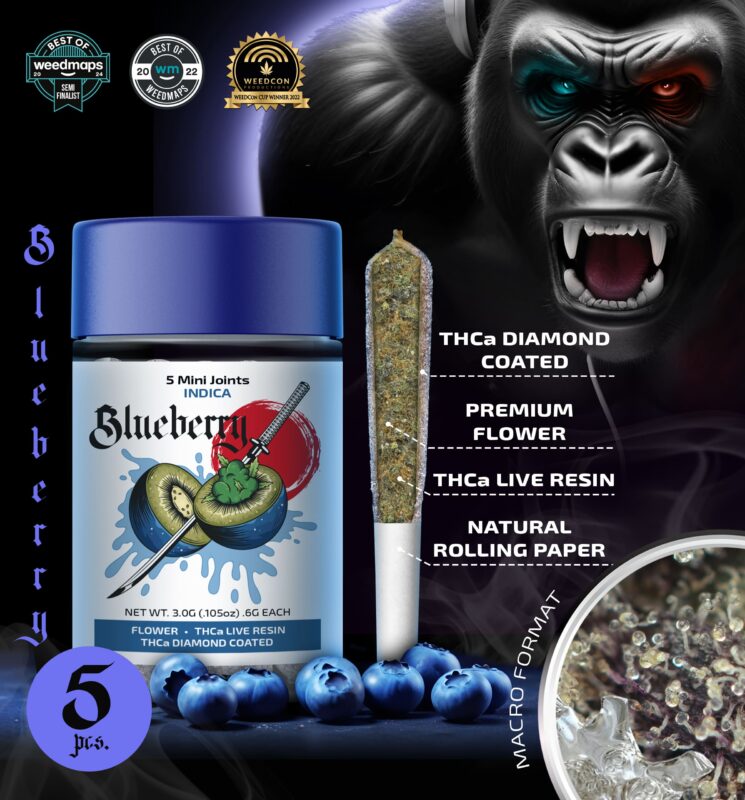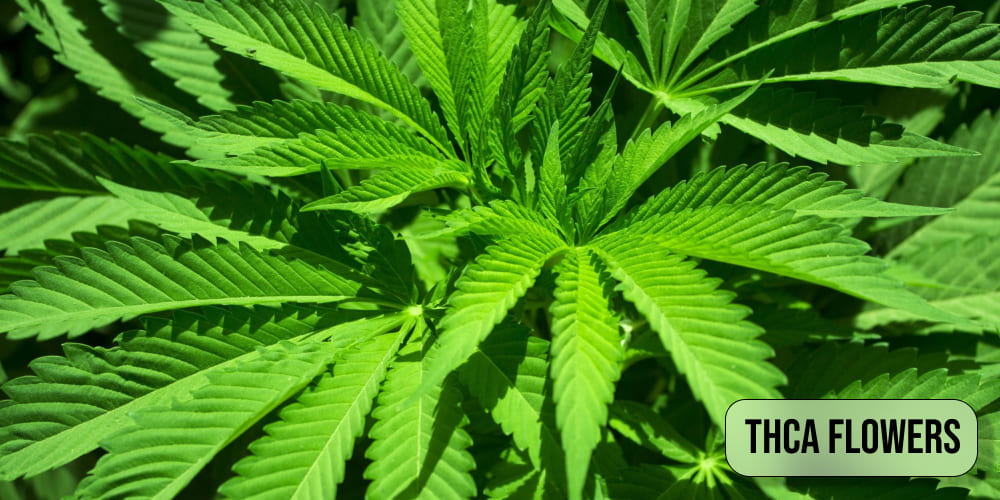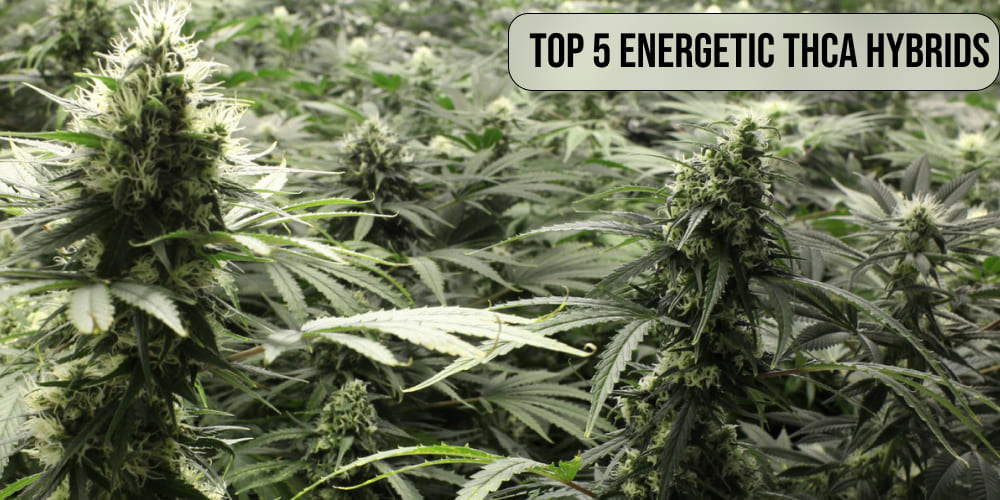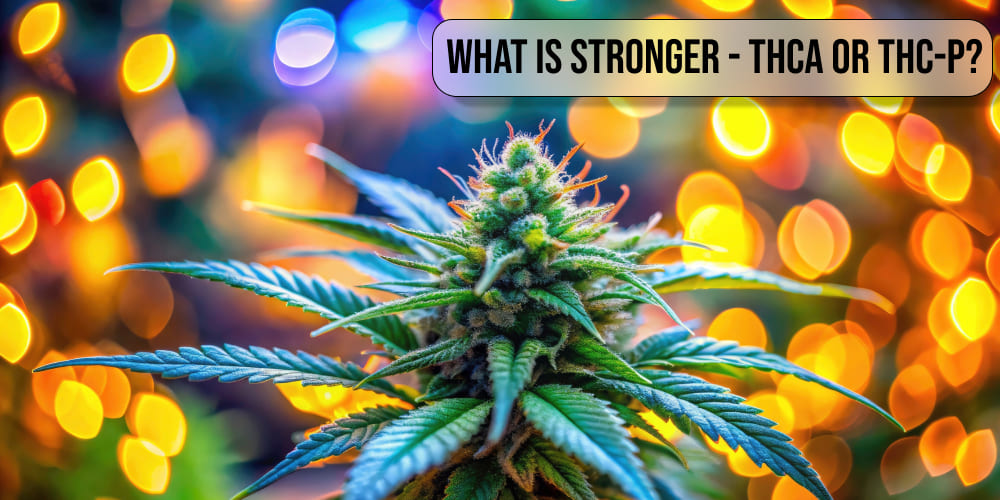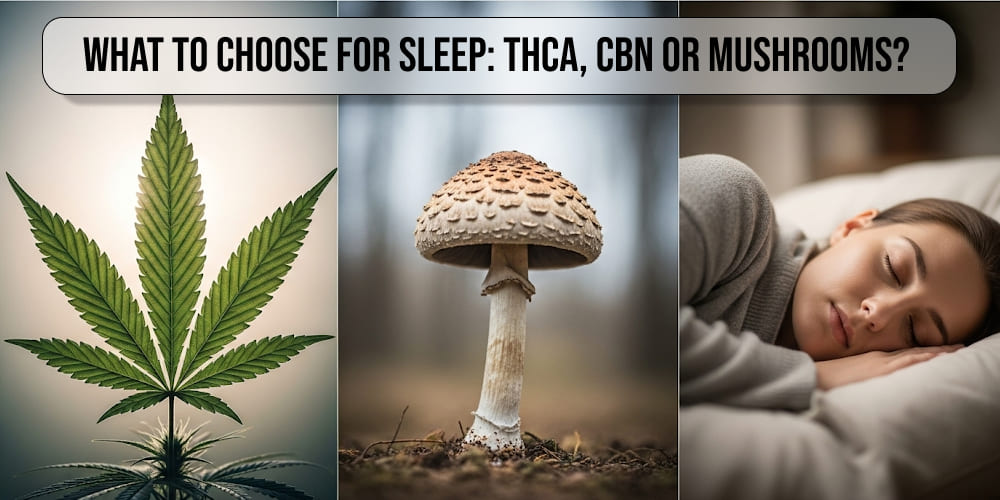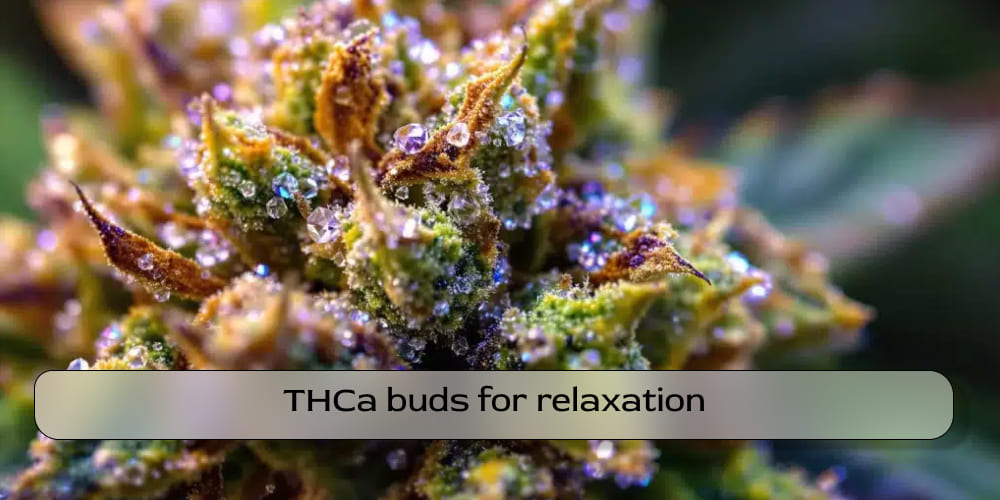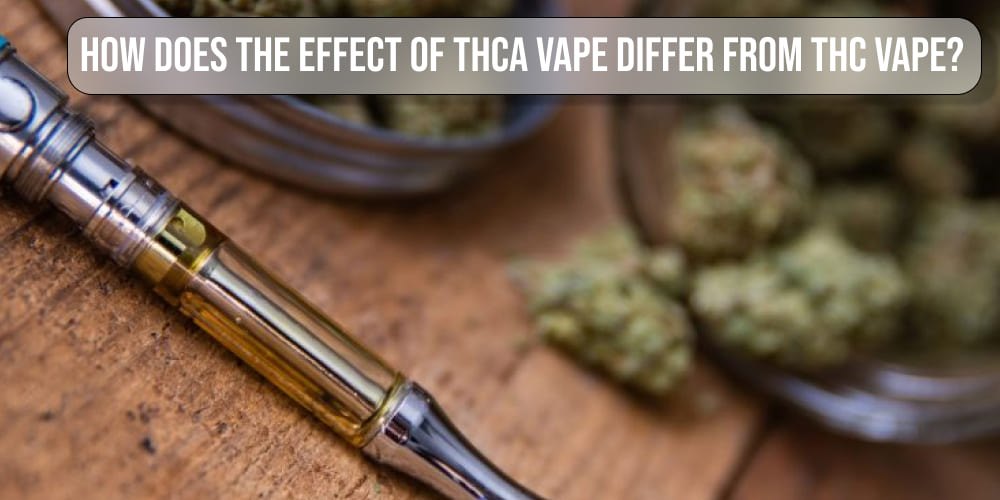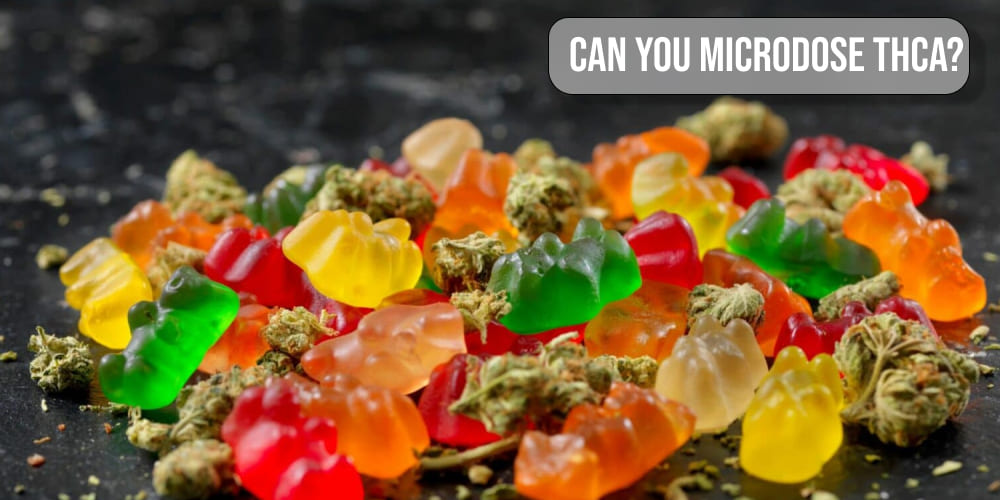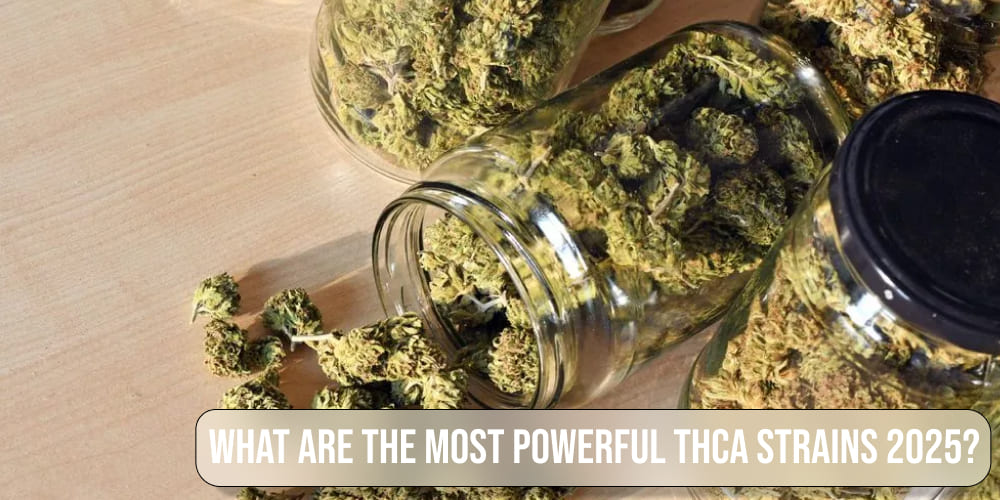Learn more about !
THCA or CBD for Migraines?
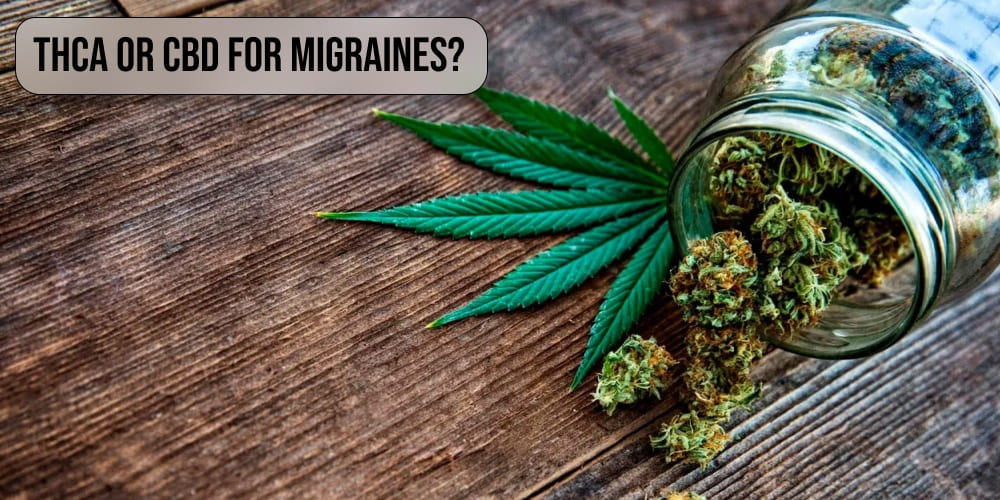
THCA or CBD for Migraines? Migraine isn’t just a headache; it’s a relentless neurological storm that can completely derail your day, your week, your life. From the pulsating agony and light sensitivity to nausea and the disorienting aura, migraine symptoms are as unique as they are debilitating. In the quest for effective relief, many are turning their gaze towards alternative avenues, and cannabinoids like THCA and CBD for migraines are sparking significant interest. But what exactly sets these compounds apart, and which one might become your personal knight in shining armor against the throbbing pain? Let’s dive in, skipping the dry scientific lectures and finding our way to the light at the end of the headache tunnel.
To kick things off, both THCA (tetrahydrocannabinolic acid) and CBD (cannabidiol) are non-psychoactive cannabinoids, meaning they won’t induce the euphoric “high” typically associated with cannabis. This is a crucial point for anyone seeking therapeutic relief without altered consciousness. The core difference lies in their molecular structure and how they interact with your body. THCA is essentially the raw, acidic precursor to THC, the active psychoactive component of cannabis.
In its raw form, THCA lacks psychoactive properties, but when heated (think smoking or vaping), it undergoes decarboxylation and transforms into THC. CBD, on the other hand, remains non-psychoactive regardless of heat. This fundamental distinction dictates how these compounds engage with our systems and the specific effects they might offer when considering THCA or CBD for migraines.
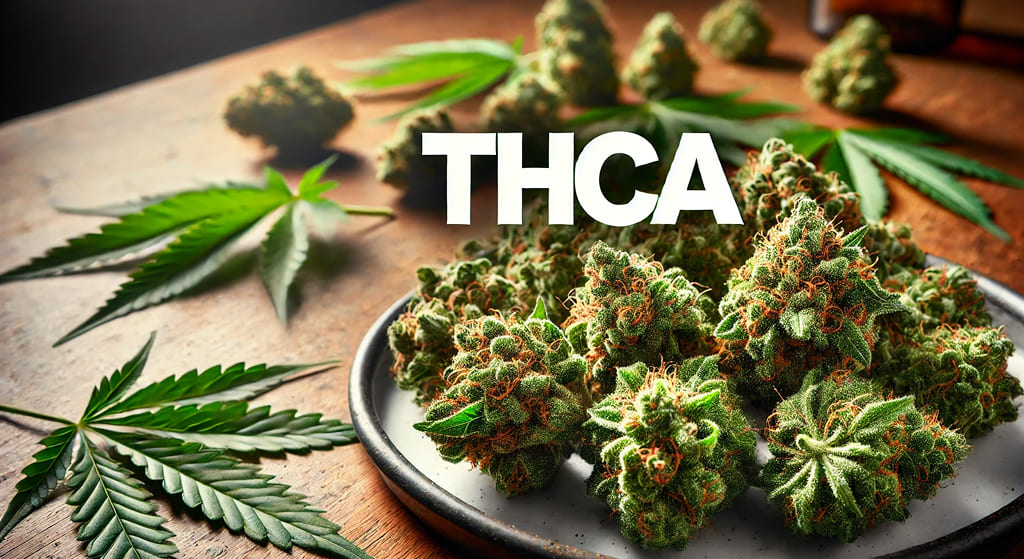
THCA for Migraines: The Untapped Potential of Raw Cannabis
THCA, as we’ve noted, is the “raw” version of its famous sibling, THC. Imagine it as an uncut diamond, waiting to be polished. Unlike THC, THCA doesn’t directly bind to the CB1 cannabinoid receptors in the brain responsible for psychoactive effects. Instead, its action is more subtle and multifaceted, making it an appealing option for those seeking relief without a altered state of mind. Research suggests that THCA may possess potent anti-inflammatory, neuroprotective, and antiemetic properties—all incredibly relevant when considering THCA for migraines. It’s like a versatile Swiss Army knife, but for your head.
Inflammation plays a pivotal role in migraines, intensifying pain and other discomforts. THCA‘s anti-inflammatory prowess could help dial down this discomfort, potentially reducing the severity of an attack. Furthermore, nausea and vomiting frequently accompany migraines, and THCA‘s antiemetic properties could be a true lifesaver. The neuroprotective effects of THCA are also worth noting, as migraine is a neurological condition, and safeguarding nerve cells could offer long-term benefits. You can consume THCA through raw cannabis juices, tinctures, or capsules, ensuring it remains in its non-psychoactive form by avoiding heat.
- Powerful anti-inflammatory action to soothe pain.
- Antiemetic benefits to combat nausea.
- Neuroprotective qualities to support nerve health.
CBD for Migraines: The All-Around Contender for Pain Relief
CBD, or cannabidiol, has rightly earned its reputation as the “all-around contender” in the cannabinoid world. Its popularity has soared thanks to its broad spectrum of therapeutic benefits, all while remaining completely non-psychoactive. Unlike THCA, CBD interacts with the body’s endocannabinoid system in a more intricate way, influencing various receptors and enzymes, which explains its widespread effects. Picture it as an orchestra conductor, bringing harmony to your body’s systems. It doesn’t just quell the storm; it helps prevent it from brewing.
When it comes to CBD for migraines, its efficacy stems from its analgesic (pain-relieving), anti-inflammatory, and anxiolytic (anxiety-reducing) properties. Stress and anxiety are often significant migraine triggers, and CBD‘s ability to lower these levels can help prevent attacks or lessen their intensity. Moreover, CBD can influence pain pathways in the brain, potentially reducing the perception of pain. Its versatility allows CBD to be used in various forms: oils, capsules, tinctures, vapes, and even topical creams. This provides flexibility in choosing the delivery method that best fits your needs and lifestyle.
- Analgesic action for effective pain management.
- Anti-inflammatory properties to ease discomfort.
- Anxiolytic effects to reduce stress and anxiety.
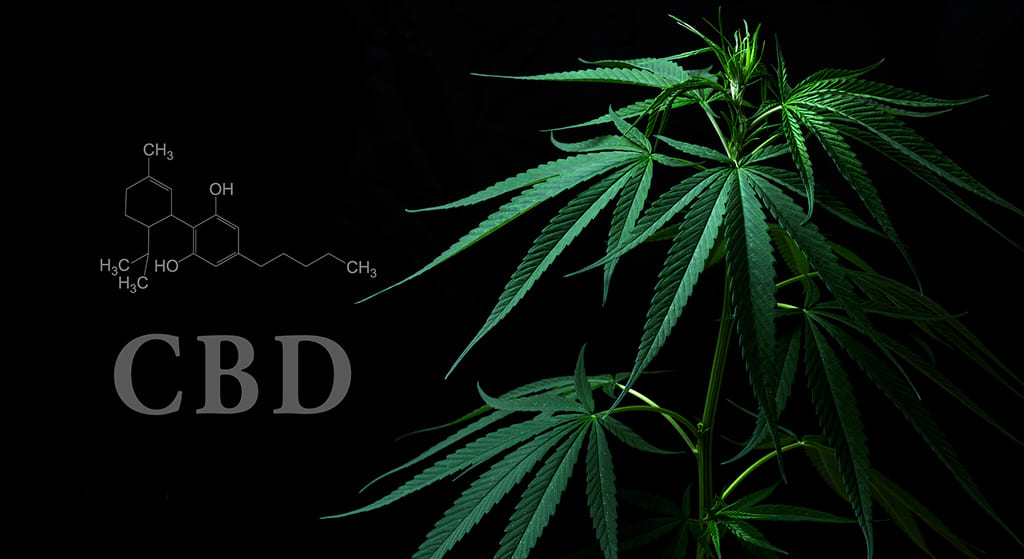
THCA or CBD for Migraines: The Showdown – Who Takes the Crown?
So, we have two formidable contenders in the race for the best migraine assistant: THCA with its raw cannabis potential, and CBD, the tried-and-true all-around champion. Let’s be clear: there’s no single, definitive winner. The choice between THCA or CBD for migraines largely hinges on your individual needs, preferences, and how your body responds. Some individuals might find greater relief from THCA due to its specific anti-inflammatory and antiemetic properties, which could be particularly beneficial during acute migraine attacks. It’s like choosing between a powerful hammer for nails and a versatile screwdriver for various tasks.
Conversely, CBD might be more suitable for those seeking a comprehensive solution for migraine prevention, stress reduction, and overall well-being. Its gentle yet steady action can help stabilize the endocannabinoid system and potentially decrease the frequency and intensity of attacks. Some people might even find the most benefit from a combination of THCA and CBD for migraines, using THCA to target acute symptoms and CBD for daily preventative measures. Remember, every body is unique, and what works wonders for one person might not be the magic bullet for another. It’s a bit like a personalized dance with your own physiology.
- THCA: A targeted punch against acute symptoms.
- CBD: Gentle and consistent prevention.
- Combination: A synergistic approach for maximum impact.
Finding Your Path: Dosing and Discovery for THCA or CBD for Migraines
Choosing the right cannabinoid and its dosage is an art form, demanding patience and keen observation. Start small, much like you would when trying a new exotic fruit: a little at a time to gauge your body’s reaction. If you opt for THCA, ensure the product genuinely contains THCA and not THC to avoid any psychoactive effects. Look for raw cannabis juices or specialized tinctures and capsules. Begin with a low dose and gradually increase it, meticulously tracking your response. Keep a journal to note changes in migraine frequency and intensity, along with any potential side effects.
When using CBD for migraines, the “start low, go slow” principle is equally vital. CBD is available in various concentrations and forms, so selecting a quality product from a reputable manufacturer is key. Look for third-party lab tests confirming purity and cannabinoid content. A good starting point might be 5-10mg of CBD per day, gradually increasing the dose until you achieve the desired effect. Some individuals might find relief at lower doses, while others may require up to 50mg or even more. The main goal is to listen to your body and feel confident in your choice for THCA or CBD for migraines, of course, within reasonable limits and with professional guidance if needed.
- Begin with a low dose and gradually increase.
- Keep a journal to track your progress and insights.
- Choose quality products with verified lab reports.
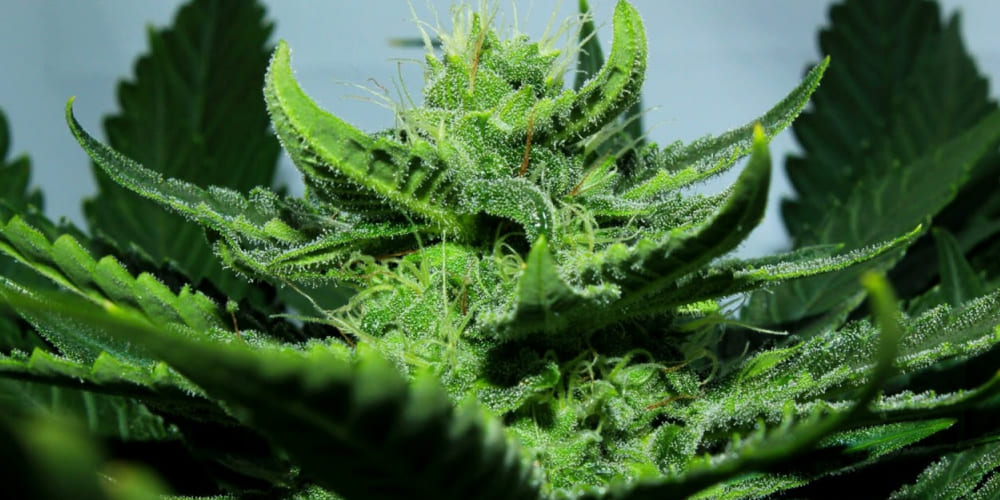
Navigating Potential Side Effects and Precautions with THCA or CBD for Migraines
While both THCA and CBD are generally considered safe, like any active compound, they can cause side effects, especially at higher doses or in sensitive individuals. Raw THCA rarely causes side effects, but if it decarboxylates into THC, it can lead to dry mouth, red eyes, dizziness, and even anxiety. Therefore, it’s crucial to avoid heating THCA products if you’re not aiming for a “high.” Always read labels carefully and follow usage instructions to ensure you’re getting pure THCA for migraines.
Regarding CBD, the most common side effects include fatigue, diarrhea, and changes in appetite or weight. These effects are typically mild and often resolve as your body adjusts or if the dosage is reduced. CBD can also interact with certain medications, particularly those metabolized by the liver, such as anticoagulants, antidepressants, and anti-epileptic drugs. If you’re currently taking any medications, it’s essential to consult with your doctor before incorporating THCA or CBD for migraines to prevent any unwelcome interactions. Remember, self-medication can be risky, and professional advice is your best ally in the world of cannabinoids.
- Avoid heating THCA to prevent psychoactive effects.
- Monitor for potential CBD side effects like fatigue.
- Consult your doctor if you’re on other medications.
Can THCA be used for pain?
What to choose for sleep: THCA, CBN or mushrooms?
THCa buds for Relaxation in 2025
THCA or CBD for Migraines: Legality and Accessibility – Navigating the Maze
Before you embark on your quest for a miraculous remedy, it’s vital to understand the legal status of THCA and CBD for migraines in your region. Cannabinoid legislation is incredibly diverse and constantly evolving. In some countries and regions, cannabis, including THCA, might be fully legal for medical or recreational use, while in others, it remains strictly prohibited. CBD is generally more accessible and legal in many places, especially if derived from industrial hemp and containing less than 0.3% THC. Yet, even here, nuances and restrictions can exist, so pay close attention to local regulations.
Always verify the current legislation before purchasing or using cannabinoid products. Illegal acquisition or possession could lead to serious legal repercussions. Furthermore, pay close attention to the source and quality of the products. The market is flooded with unscrupulous vendors offering low-quality or even dangerous items. Seek out certified stores and reputable brands that provide third-party lab results for their products, verifying purity and cannabinoid content. Remember, your health is paramount, and it’s not worth risking for questionable savings when seeking THCA or CBD for migraines. Research, question, and stay informed!
- Check local laws before purchasing any products.
- Choose reputable vendors with certified products.
- Prioritize quality and purity for your well-being.
Conclusion: Your Journey to Relief with THCA or CBD for Migraines is a Personal Adventure
Ultimately, the choice between THCA or CBD for migraines is a deeply personal adventure. There’s no one-size-fits-all solution that works for everyone. Both THCA and CBD offer unique benefits, and their effectiveness can hinge on your individual body chemistry, the specific type of migraine you experience, and other factors. You might even find yourself trying both to discover which one truly resonates with your needs. The key is to approach this process mindfully, with patience and an open mind, as if you’re searching for a treasure that will liberate you from pain.
Remember, cannabinoids are not a magic bullet, but rather a valuable tool in your arsenal against migraines. Combine their use with other treatment methods recommended by your doctor, such as lifestyle adjustments, stress management techniques, and dietary considerations. Consulting with a qualified medical professional, especially one familiar with the use of cannabinoids in medicine, will be invaluable. They can help you determine the best approach, optimal dosage, and monitor for any potential interactions with other medications. Your journey toward a migraine-free life is just beginning, and with the right tools and knowledge, you can absolutely find the light at the end of this tunnel. What steps will you take next in your quest for relief?
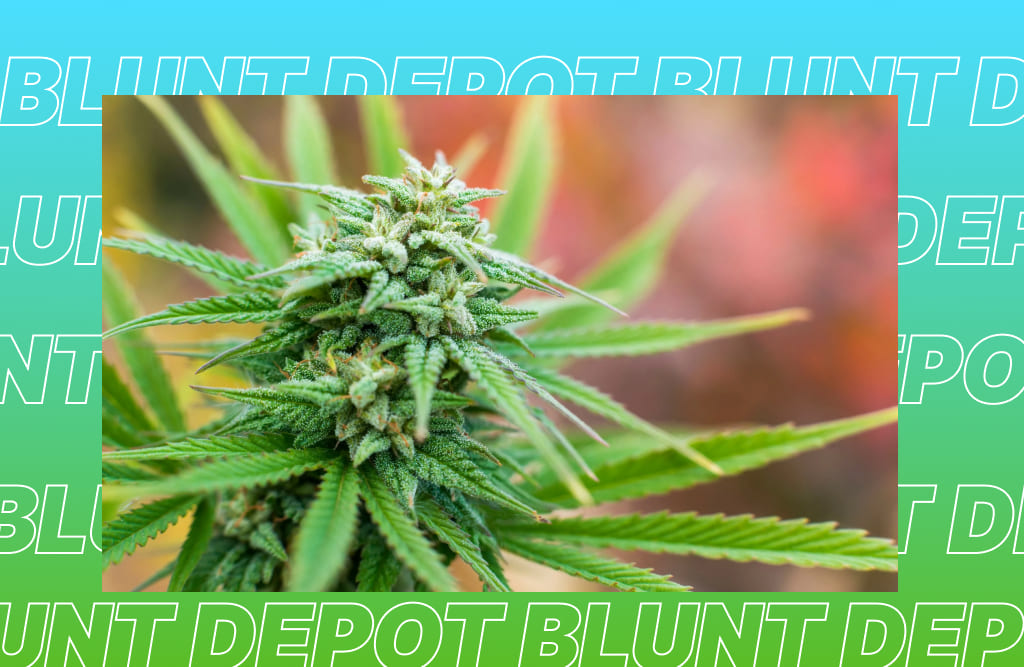
OPEN
What’s the main difference between THCA and CBD for migraines?
The key distinction lies in their form and effects. THCA is the raw, non-psychoactive precursor to THC, found in unprocessed cannabis. It needs heat to become psychoactive. CBD, on the other hand, is non-psychoactive regardless of how it’s consumed. Both offer potential therapeutic benefits for migraines, but THCA is often explored for its specific anti-inflammatory and antiemetic properties, while CBD is known for its broader calming, pain-relieving, and anti-anxiety effects.
Will THCA or CBD for migraines make me feel “high”?
Neither THCA nor CBD for migraines should make you feel “high” if used correctly. THCA is non-psychoactive in its raw form, so consuming it without heating (e.g., in juices or raw tinctures) will not produce a “high.” If THCA is heated, it converts to THC, which is psychoactive. CBD is inherently non-psychoactive and will not cause any euphoric effects, regardless of how it’s consumed.
How do I choose between THCA or CBD for migraines?
The choice between THCA or CBD for migraines often depends on your specific needs and how your body reacts. If you’re looking for targeted relief from acute migraine symptoms like inflammation and nausea, THCA might be a good starting point. If you prefer a more general approach to pain relief, stress reduction, and migraine prevention, CBD could be more suitable. Some individuals find a combination of both to be most effective, using THCA for immediate relief and CBD for ongoing support.
What are the potential side effects of THCA or CBD for migraines?
Both THCA and CBD for migraines are generally well-tolerated, but some side effects can occur. With THCA, the main concern is accidental conversion to THC if heated, which can lead to psychoactive effects like dizziness or anxiety. For CBD, common side effects are usually mild and include fatigue, diarrhea, or changes in appetite. It’s crucial to start with low doses and monitor your body’s response, and always consult a doctor if you’re taking other medications.
Where can I learn about the legality of THCA or CBD for migraines?
The legal status of cannabis-derived products, including THCA and CBD, varies significantly by region and country. Legislation in this area is constantly evolving, and what’s permitted in one place may be prohibited in another. It’s critical to thoroughly research and understand the current laws of your specific jurisdiction regarding THCA or CBD for migraines before attempting to purchase or use them. Always verify the up-to-date regulations to avoid legal consequences and ensure you’re acting within legal boundaries.



